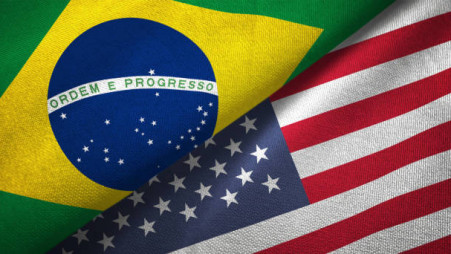The Brazilian government, led by President Luiz Inácio Lula da Silva, accused the United States of politicizing Brazil’s judicial decisions in an ongoing row over free speech and the regulation of online platforms.
The dispute arose after Brazilian Supreme Court Judge Alexandre de Moraes ordered the suspension of the Rumble video-sharing platform, widely popular among conservative and far-right voices.
The suspension followed Rumble’s refusal to comply with a court order to block the account of a US-based far-right user, who is wanted in Brazil for spreading disinformation. In response, the US State Department criticized the Brazilian court’s actions, stating that blocking access to information and penalizing US companies for refusing to censor US citizens is incompatible with democratic values, particularly freedom of expression. It emphasized the importance of respect for sovereignty in international relations.

In a firm response, Brazil’s foreign ministry rejected any attempts to politicize judicial decisions, reaffirming the independence of the country’s courts. This escalation follows previous conflicts between Moraes and figures like Elon Musk over online disinformation. Moraes has defended his actions as crucial for safeguarding Brazilian democracy.
The tension also stems from the legal challenges facing Brazil’s former far-right president, Jair Bolsonaro, who is accused of attempting a coup to prevent Lula from taking office after the 2022 election. In January 2023, Bolsonaro’s supporters stormed the Brazilian presidential palace, Congress, and the Supreme Court, demanding military intervention, claiming the elections were stolen.


